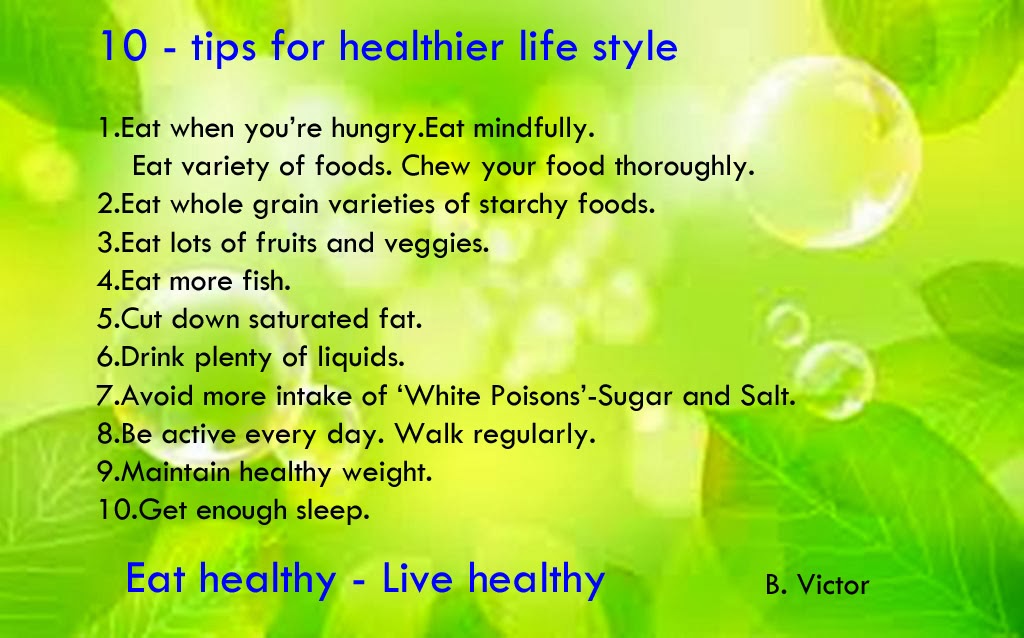

The exercise group gradually worked up to 150 minutes of weekly activity. They were randomly placed in either a moderate exercise program or a comparison group without structured exercise. One NIH-funded study included over 600 adults, ages 70 to 89, who were at risk for disability. It’s important to work with a doctor to find the types of physical activity that can help you maintain your health and mobility.Įven frail older adults can benefit from regular physical activity. But doing that can raise your risk for disease, disability, and even death.

These changes may make it tempting to move less and sit more. Natural changes to the body as we age can lead to a gradual loss of muscle, reduced energy, and achy joints. “Exercise is especially important for lengthening active life expectancy, which is life without disease and without physical and mental/thinking disability.” who oversees research on aging and health. Luigi Ferrucci, an NIH geriatrician A doctor who specializes in the care and treatment of older adults. “If I had to rank behaviors in terms of priority, I’d say that exercise is the most important thing associated with living longer and healthier,” says Dr.

The Adventists’ age-enhancing behaviors include regular exercise, a vegetarian diet, avoiding tobacco and alcohol, and maintaining a healthy weight. Their life expectancy is nearly 10 years longer on average than most Americans. In fact, a long-term study of Seventh-day Adventists-a religious group with a generally healthy lifestyle-shows that they tend to remain healthier into old age. Research has shown that healthful behaviors can help you stay active and healthy into your 60s, 70s, and beyond. Older people tend to be healthier nowadays, too. So people are living longer, and it’s happening across the globe.” And if you make it to 85, the likelihood that you’ll make it to 92 is very high. “Now if you make it to age 65, the likelihood that you’ll make it to 85 is very high. Marie Bernard, deputy director of NIH’s National Institute on Aging. “We’ve had a significant increase in lifespan over the last century,” says Dr. A century ago, life expectancy was closer to 54. today can expect to live to an average age of about 79. But solid evidence still shows that the best way to boost the chance of living a long and active life is to follow the advice you likely heard from your parents: eat well, exercise regularly, get plenty of sleep, and stay away from bad habits. Their work has revealed exciting new clues about the biology of aging.

With a flexitarian diet, also known as a semi-vegetarian diet, you don't have to completely eliminate meat to reap the health benefits associated with vegetarianism.Want the secret to living a longer and healthier life? Scientists have found ways to prolong the healthy lifespans of worms, mice, and even monkeys. The guidelines are broad enough that you’ll have a lot of latitude with what you eat. The Therapeutic Lifestyle Changes diet calls for eating plenty of vegetables, fruits, bread, cereals and lean meats. Using evidence-based behavioral science, the Mayo Clinic diet is a 12-week program that is designed to establish healthy habits for life. That includes taking a holistic approach to help members eat healthier and move more.ĭASH diet, which stands for dietary approaches to stop hypertension, is a flexible, balanced and heart-healthy eating plan promoted by the National Heart, Lung and Blood Institute to stop (or prevent) high blood pressure. WeightWatchers is focused on inspiring healthy living and improving overall well-being.


 0 kommentar(er)
0 kommentar(er)
